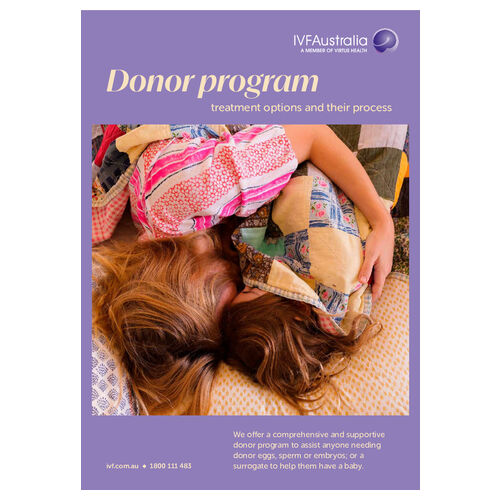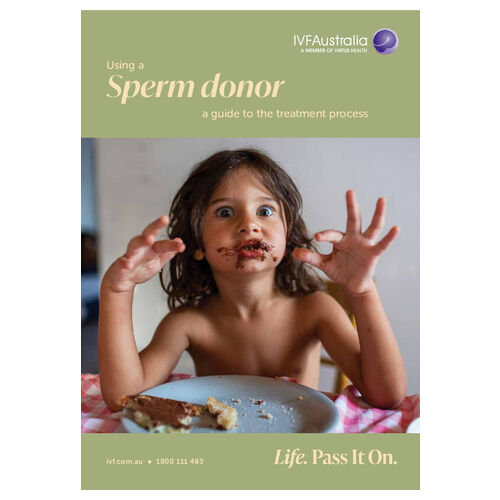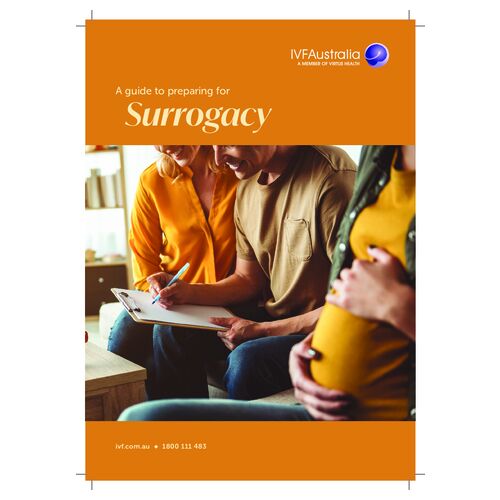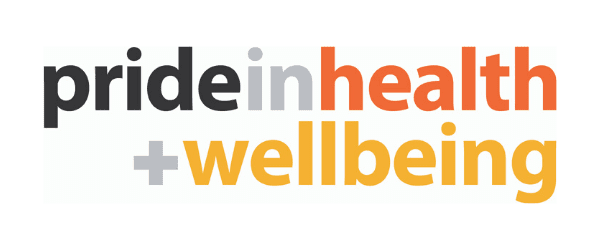Options for Same Sex Couples
Fertility Treatment for same sex couples
IVFAustralia’s donor program assists same sex couples needing a sperm donor, to help them have a baby.
We also offer the most comprehensive surrogacy program in Australia. Find out more about using a surrogate...
IVFAustralia has been proudly helping create LGBTQ+ families for over a decade and our dedicated donor team can help guide you through the process.
How do we access donor sperm?
You can use sperm donated by someone you know, or select one of our de-identified donors that we have recruited locally and from overseas.
Choosing your sperm donor
If you decide to use a de-identified clinic recruited sperm donor, you will be given access to a database of all the donors currently available to choose from. Here you will be able to view in-depth questionnaires completed by the donor about themselves and their families including physical attributes and a detailed family medical history.
What are the treatment options for same sex couples?
Gender and sexually diverse couples can access a number of treatment options to help them have a baby.
For those requiring donor sperm to conceive, donor sperm can be used for either artificial insemination (IUI) or IVF with ICSI.
Many same-sex couples that attend our clinic do not have fertility problems and wish to access the mildest form of fertility treatment to conceive.
Intrauterine Insemination (IUI)
Artificial insemination involves inserting prepared semen through the neck of the womb (the cervix) and into the uterus, close to the time of ovulation. Sometimes, fertility drugs may be used to stimulate the ovaries and encourage the release of eggs.
In-vitro Ferilisation
IVF is a treatment where fertility medications are used to prompt a larger number of eggs to grow (usually 5-10). These eggs are removed from the ovaries and combined with the donated sperm in the laboratory via intracytoplasmic sperm injection (ICSI), where an individual sperm is injected directly into the egg. The embryo develops in the laboratory for 5 days before being transferred back to the woman.
If you require donor eggs and/or surrogacy to start a family, we also offer a comprehensive donor program can help you navigate this process. Find out more about using donor eggs and using a surrogate.
What is egg sharing?
Some same-sex, and gender and sexually diverse couples choose to egg-share and we can facilitate this process. Egg sharing is where the eggs of one partner are used in an IVF cycle to create embryos that are then transferred into the other partner, with the effect that one partner is the birth parent and the other partner is the genetic parent.
For many couples this is a beautiful process that allows both parents to have a unique linkage to the child.
What are the costs involved?
Medicare will only provide a rebate for fertility treatment if there is a medical problem. If you are considering accessing the donor program as same-sex parents, it is recommended that you consult a Fertility Specialist for full investigation to understand if you are eligible for a rebate and to understand the fertility treatment costs. There are also costs involved in the preparation of sperm donors. Read more about the costs of fertility treatment.
What are the NSW donor laws?
Under the NSW Assisted Reproductive Technology ACT, effective from the 1st January 2010 all sperm donors are required to make their identity available to the children conceived from sperm donation when the children turn 18 years of age. They must also give written informed consent to their name being included on the NSW Central ART donor registry. Sperm donors are only allowed to create a maximum of five families including the family/s of the donor. All overseas donors are required to meet the same legislative requirements.
Informative brochures
Find out more about using a sperm donor
To find out more about how our donor program can help you have a baby please book an appointment with a fertility specialist on 1800 111 483 or complete the form below.
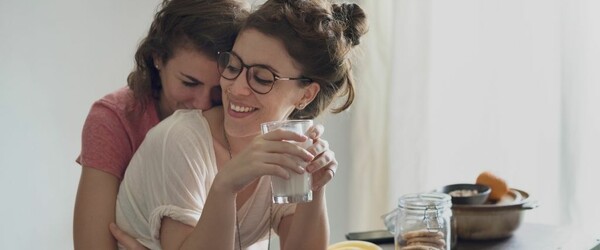
What are my options for starting a family? The LGBTQ+ Guide
When it comes to starting a family, there are many wonderfully diverse ways it can happen. Read about the options for LGBTQ+ families on our recent blog article.
